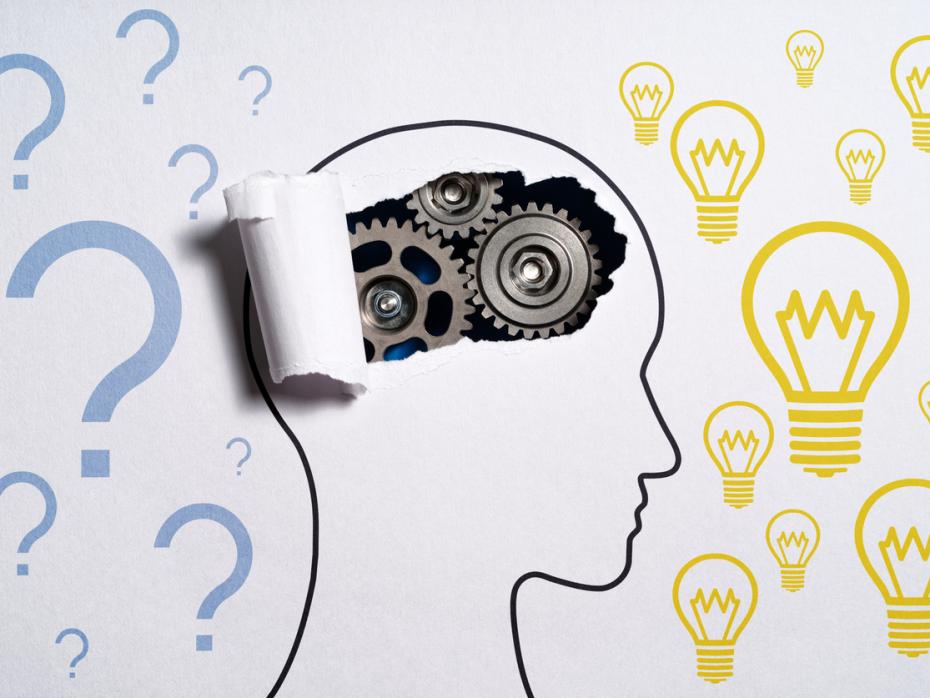Learn more about pedagogy and how different theories of teaching and learning work across higher education. Here, academics offer insights into a variety of pedagogies, drawing on their own teaching experience alongside research, to provide practical advice on what instructional methods work best for different university contexts, disciplines and classes.









